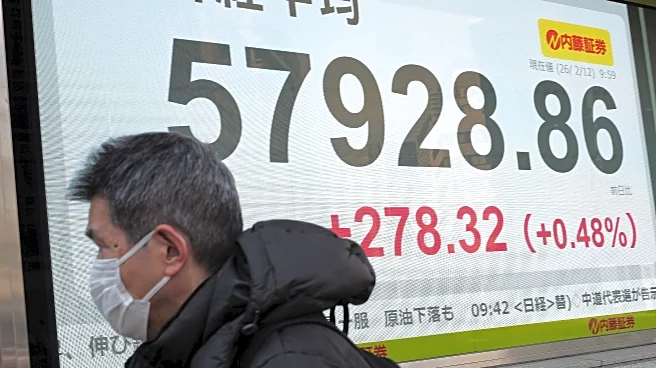What's Happening?
The Alliance of Community Health Plans (ACHP) has proposed a significant overhaul of the risk adjustment process in Medicare Advantage (MA) to address inequities and combat upcoding practices. According to ACHP, risk scores for major national plans like UnitedHealthcare and Humana are significantly higher than those of ACHP members, suggesting potential exploitation of system complexities. The ACHP's analysis indicates that these discrepancies are not due to sicker patient populations but rather system gaming, which impacts taxpayers and seniors. The organization suggests reducing the number of condition categories from 115 to about 10 or 12 to simplify the system and reduce opportunities for manipulation.
Why It's Important?
The proposed changes by ACHP could have a profound impact on the Medicare Advantage landscape, potentially leading to more equitable distribution of resources and reducing the financial burden on taxpayers. By addressing upcoding practices, the proposal aims to ensure that funds are directed towards patient care rather than administrative costs or profits. This could lead to improved healthcare outcomes for seniors and a more sustainable Medicare system. The initiative also highlights the ongoing challenges in balancing regulatory oversight with efficient healthcare delivery.
What's Next?
The ACHP has engaged in discussions with the Centers for Medicare & Medicaid Services (CMS) regarding their proposal, receiving positive feedback. The next steps may involve further collaboration with CMS to refine and implement the proposed changes. Stakeholders, including policymakers and healthcare providers, will likely monitor these developments closely, as they could set a precedent for future healthcare policy reforms.











